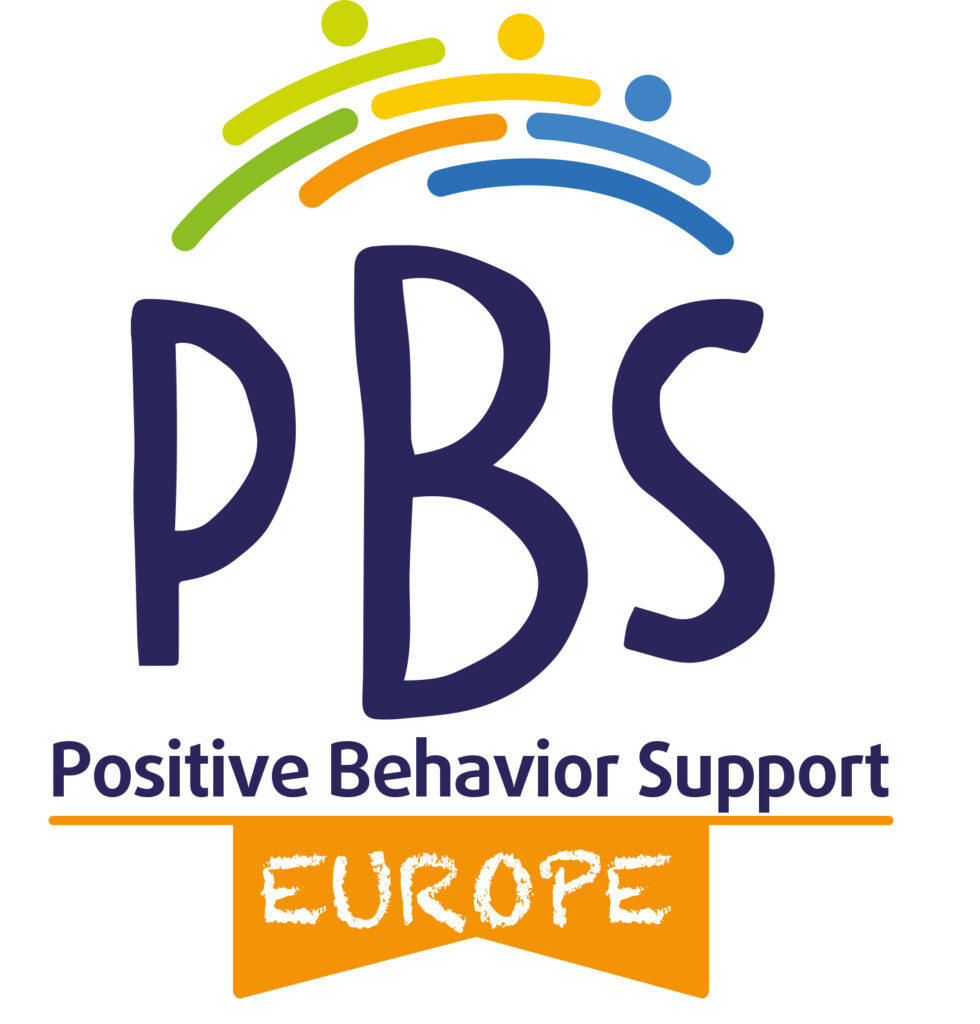ProKoulu is implemented well and sustainably
The article reports findings from two studies that evaluated the implementation and sustainability of the Finnish ProKoulu (ProSchool) model, an adaptation of School Wide Positive Behaviour Interventions and Supports, in two different phases of implementation.
Study 1 (2013–2016): Initial implementation
- Implemented in 63 schools.
- After 2–3 years, 79% of schools achieved a good level of implementation in line with the ProKoulu model, i.e., fidelity was at least 70%. The average fidelity level was over 80%.
- A strong culture of cooperation, shared decision-making, and high levels of collective efficacy beliefs among teachers were associated with higher fidelity ratings.
Study 2 (2021–2022): Sustainability of implementation
- Data was collected from 25 schools, 5–10 years after implementation began.
- 92% of schools had maintained a fidelity level of over 70%.
- The highest levels of implementation were identified on the team sub-scale and on the implementation subscale, while scores on the evaluation subscale were somewhat lower.
Key findings
- ProKoulu can be implemented and maintained sustainably with good fidelity in the Finnish educational context.
- Strong school leadership, a culture of cooperation, and local adaptation are important for success.
- Long-term sustainability is possible, especially when municipalities support the development of school structures and the development of school culture.
Article reference: Savolainen, P., Karhu, A., Närhi, V., & Savolainen, H. (2025) From Fidelity to Sustainability – School-wide PBIS in Finland. Scandinavian Journal of Educational Research. https://doi.org/10.1080/00313831.2025.2506376
The full article can be read here




